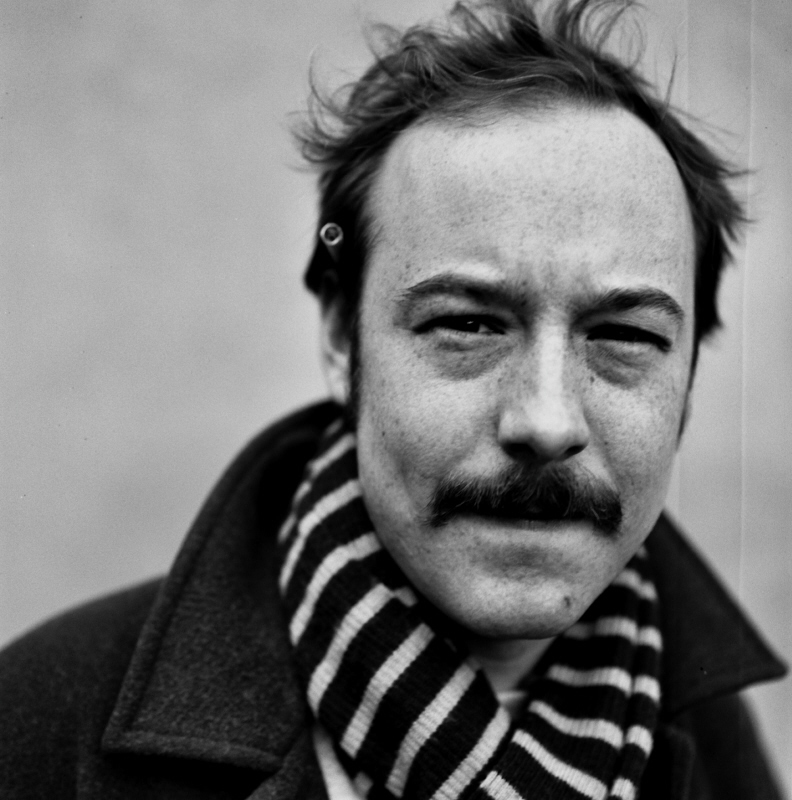
"I'll tell you this, I don't give a damn about your dreams."
—Dylan, "Thunder on the Mountain," from Modern Times
(Itals mine, to convey Dylan's distinct—or, to some, super annoying—phrasing.)
Dreams are odd birds; you always enjoy your own, and feel they mean a great deal to you, but whenever you try to explain them to others it ends up sounding, well, like you've been smoking something psychoactive. To wit:
"I had this crazy dream last night: I was in the supermarket, but they only were selling geckos, and then you were there, but you turned into my first-grade teacher ... then it became a casino."Is my meaning gotten? Dream logic can only really make sense to you your ownself, because the dream provides the logic; and without that key, others are lost in making sense of the dreams you tell them.
I doubt that this was to what Dylan was referring when he wrote this line—more likely he meant "dreams" as in "hopes, wishes, grand plans"—but that's one of the great things about words in general: the various ways they can be twisted, the varied meanings they can have.
But, then again, maybe Dylan did mean what I mean. See the last verse of his song "Gates of Eden":
At dawn my lover comes to me
And tells me of her dreams
With no attempts to shovel the glimpse
Into the ditch of what each one means
At times I think there are no words
But these to tell what's true
And there are no truths outside the Gates of Eden


2 comments:
I read recently that dreams don't have meaning. Rather, they are a byproduct of the brain's attempt to organize thoughts and experiences as you sleep. The parts that we remember when we wake up are the parts that were particularly difficult for the braing to file away.
I think you’re right about Dylan’s meaning, at least in this quotation (I haven’t heard the entire song):
“With no attempts to shovel the glimpse
Into the ditch of what each one means
At times I think there are no words
But these to tell what's true
And there are no truths outside the Gates of Eden.”
The ineluctable logic of dreams is so dependent on the fact that signified and signifier match in a dream world—that the glimpse (word) and the ditch (the meaning) correspond without gaps or room for misinterpretation. Quaker-obsessed me reads these lyrics as a comment on how dreams, like the Adamic language of the garden, are in an unreachable space where everything they mean matches up to everything you see—where meaning can be correctly interpreted by you and you alone. But sometimes, I think, the meaning makes it out, and can be shared. Maybe onomatopoeia is the word version—in dreams, sometimes an image or a scene has the same effect, corresponding exactly to your outer world, whether it predicts something that you already know will happen, or confirms something that you didn’t want to accept. (I put a lot of stock in dreams.)
Post a Comment